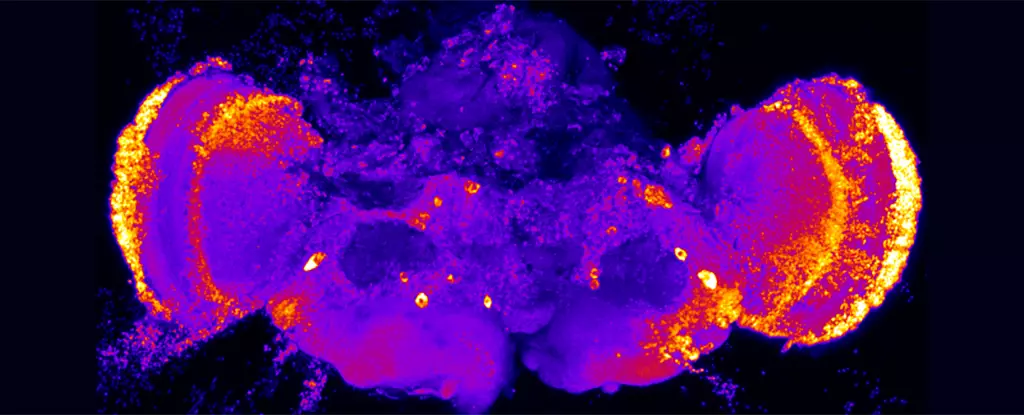Alzheimer’s disease continues to be a major health concern worldwide with millions of people suffering from this devastating neurodegenerative condition. Recent studies have shed light on the potential role of proteins known as heparan sulfate-modified proteoglycans (HSPGs) in the early stages of Alzheimer’s disease.
The discovery of HSPGs as potential targets for Alzheimer’s treatment opens up a new avenue of research that focuses on the earliest cellular deficits associated with the disease. These proteins are involved in crucial cellular processes such as cell growth, interaction with the environment, autophagy, and lipid buildup. By targeting HSPGs, researchers aim to stop or reverse the disease process at its inception.
Studies on genetically modified fruit flies, mouse brain cells, and human cell tissues have shown promising results in disrupting key processes involving HSPGs. By manipulating the functioning of these proteins, researchers were able to reverse some of the damage caused by dementia, including improved cell repair and halted neuron death. This indicates the potential of HSPGs as therapeutic targets for Alzheimer’s disease.
While the research is still in its early stages, the identification of HSPGs as key players in Alzheimer’s progression offers hope for developing effective treatments in the future. Targeting the enzymes responsible for heparan sulfate production could potentially block neurodegeneration in humans, providing a new direction for drug development in the field of dementia.
Finding treatments for Alzheimer’s disease is challenging due to the complex nature of the condition and the multitude of factors that contribute to its onset. Inherited genetics, aging brain cells, and shared mechanisms across different neurodegenerative diseases pose obstacles to understanding the underlying causes of Alzheimer’s. However, ongoing research efforts, such as the exploration of HSPGs, offer a glimmer of hope for finding effective therapies sooner rather than later.
The study of proteins like HSPGs in the context of Alzheimer’s disease represents a promising approach to uncovering the mechanisms underlying this devastating condition. By targeting these proteins and their associated cellular processes, researchers aim to develop novel therapeutic strategies that could ultimately lead to better outcomes for individuals affected by Alzheimer’s and other neurodegenerative diseases. Continued research in this area is essential for advancing our understanding of Alzheimer’s disease and paving the way for innovative treatments in the future.


Leave a Reply